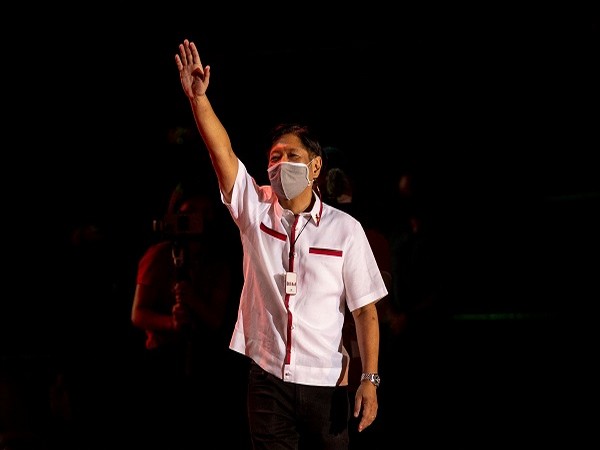Tensions Escalate: Philippines Urges Action Amid South China Sea Clashes
President Ferdinand Marcos Jr stressed that the Philippines must go beyond protests against China's 'illegal actions' in the South China Sea. Following an incident involving the Chinese Coast Guard and a Philippine navy resupply mission, Marcos emphasized taking more decisive measures without elaborating, as international tensions rise.

The Philippines needs to do more than protest China's "illegal action" against its navy during a routine resupply mission in the South China Sea last week, President Ferdinand Marcos Jr said on Thursday, without elaborating. A Philippine sailor was injured on June 17 after what the Southeast Asian nation's military called "intentional-high speed ramming" by the Chinese Coast Guard, an assertion China has disputed, saying the actions were lawful.
"We have filed over a hundred protests, we have already made a similar number of demarche," Marcos told reporters in Manila. "We have to do more than just that," he said, without providing details.
No shots were fired in the incident, so the Chinese action could not be considered an armed attack, Marcos added, calling it a "deliberate action" to stop the resupply of Philippine troops stationed at the disputed Second Thomas Shoal. China's embassy in Manila did not immediately respond to a request for comment on the remarks.
The United States, which has condemned China's actions, reaffirmed its commitment to the Philippines in a telephone call between Defense Secretary Lloyd Austin and his Philippine counterpart on Wednesday. The countries' national security advisers also spoke Wednesday about China's "dangerous and escalatory actions" around the shoal, the White House said.
U.S. national security adviser Jake Sullivan noted the U.S.-Philippines mutual defense pact extends to "armed attacks on Philippine armed forces, public vessels, or aircraft - to include those of its Coast Guard - anywhere in the South China Sea," the White House said in a statement Thursday. The South China Sea, vital to global trade, has become a major flashpoint in the testy relationship between China and the United States.
The United States is bound by a seven-decade-old mutual defence treaty to defend the Philippines against an armed attack on its aircraft, or public vessels, in the busy waterway. "It needs to be emphasised that the Ren'ai Reef issue is not the United States' business," Wu Qian, a spokesperson of the Chinese defence ministry, told a press briefing, using China's name for the Second Thomas Shoal.
"It is extremely dangerous and irresponsible for the United States to instigate and support the Philippines' infringement and provocation," Wu added, dismissing its treaty with the United States as a useless threat. The Philippines has not asked the United States for support in resupplying its troops, its Washington ambassador said on Wednesday, adding that the United States was providing only "visuals" to aid his nation.
Ambassador Jose Manuel Romualdez said the Philippines had sought a meeting early next month with Chinese officials to ease tensions, not resolve territorial claims. Romualdez said that if the Philippines could not resupply its troops, that would amount to "killing" its soldiers through starvation and thirst.
"I don't think China wants to have a major conflict," he said. "And definitely we do not want to have one. And so, that's a good starting point." China claims almost the entire South China Sea, including areas claimed by Brunei, Malaysia, the Philippines and Vietnam.
An international tribunal dismissed China's expansive claims in 2016, a ruling that Beijing rejects.
(This story has not been edited by Devdiscourse staff and is auto-generated from a syndicated feed.)
ALSO READ
Navya Naveli leaves fans in awe as she shares cute pic with brother Agastya Nanda
Cutting-Edge Naval Ship 'Surat' Joins Indian Navy Arsenal
Navy Chief Briefs PM Modi on Strategic Combat Readiness
Tensions Surge: Chinese Coast Guard Rams Philippine Navy in South China Sea
Tensions Escalate: Philippine Navy Injured in South China Sea Collision










